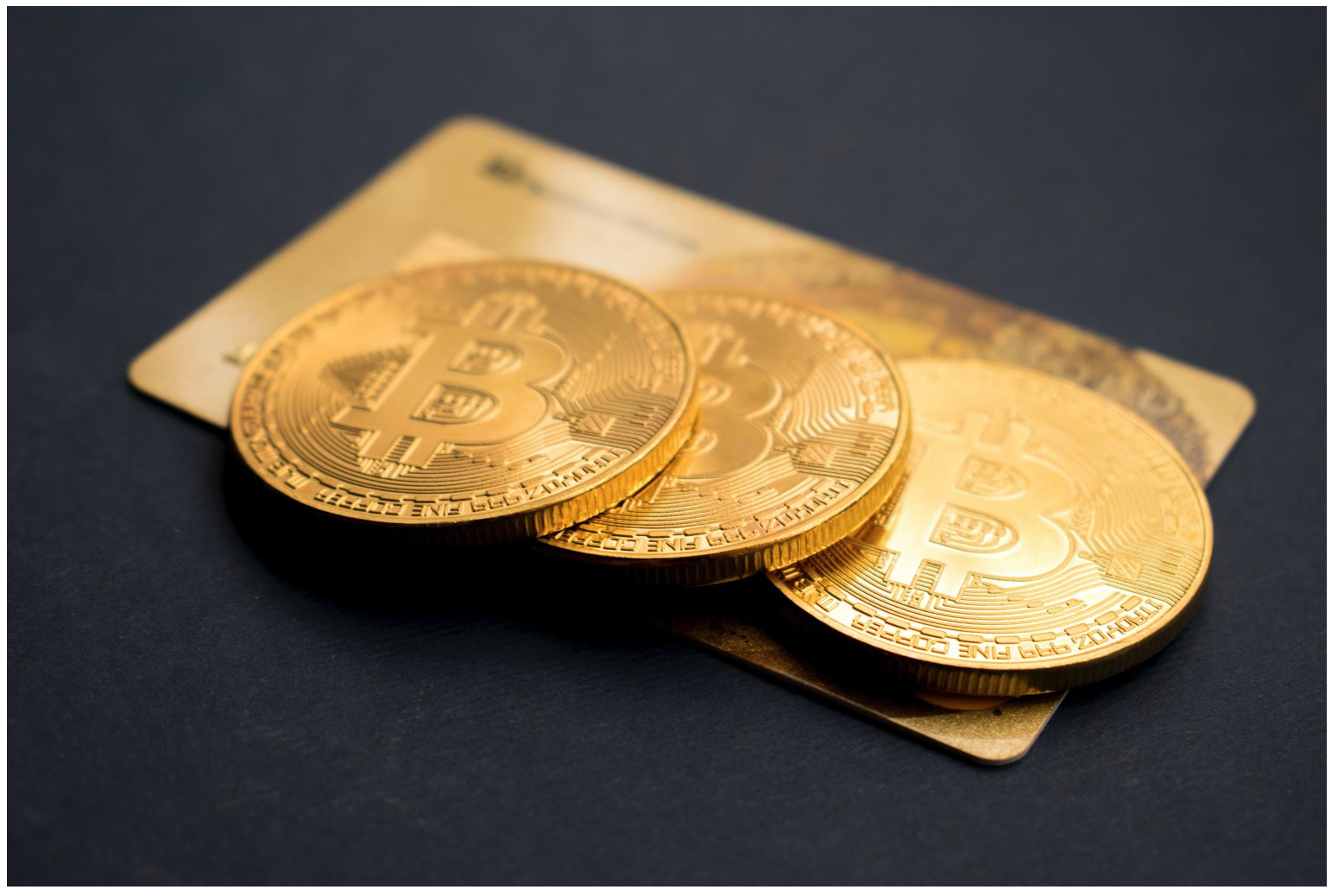The world has been taken over by the craze of cryptocurrencies. The thought of having a currency that no one has control over is enthralling because so many governments have failed their economies the world over.
Even more exciting is the idea that one day cryptocurrencies will be so prevalent that we could do away with fiat currencies. Knowing that you can pay for your video games from the Best Buy deal of the day, Gamestop.com or Amazon even, without the hiccups from credit card rejection or fear of your identity and credentials being stolen online, is a big bonus.
However, in the hype lies many questions especially concerning how secure transactions are considering all cryptocurrencies rely solely on the online space.
Billions of people have access to online platforms. Having no centralized authorities has proven to be ambivalent as the autonomy provided by cryptosystems exposes users to more danger online.
Table of Contents
Can cryptocurrencies be hacked?
Unfortunately, yes. As secure as Bitcoin especially has been purported to be, let’s face it, it’s just another technological puzzle that is attracting the attention of expert fraudsters and criminal technogeeks alike. Blockchains and cryptocurrencies are attacked daily, if for no other reason than it’s possible. The major reason though is that blockchains represent value and money, and where there’s money, there is motivation.
What therefore can you do? Despite the dangers, there are certain ways to ensure safety. Let’s take a look at some primary points you should consider to stay safe.
Use a VPN
A VPN for online purchases can go a long way toward helping to secure your cryptocurrency and other online purchases. VPN, virtual private network, secures your connections preventing leakage of data, monitoring of your traffic or targeting by outside influences. When you use a VPN the only people who will know you are online are yourself and the websites you connect to. On top of that, the data you send across the VPN network is encrypted to ensure that, on the off chance you are intercepted, no one can use your information.
Use 2-step verification
Through this system, you add another layer of protection to your crypto accounts. Most crypto-friendly platforms support this type of authentication. To log in, you receive a code through your mobile phone or your email address and enter it into the relevant field. As a strategy of preventing hackers from guessing your password, the code changes every thirty seconds. Thus, they may come up with your password successfully, but they cannot access your account if they do not have access to your phone or email. In case you are a crypto gambler, set this feature up for both your e-wallet and account.
Secure your e-wallet
E-wallets allow you to store your virtual money, which makes them a top priority for hackers. To ensure your money stays safe, use a cold storage wallet. This is a wallet that does not connect to the internet. Any information that is not available online is safer from hackers. Most cold wallets are also encrypted, which provides even more security. Alternatively, you could create multiple accounts and separate the daily transactions from the rest.
Conclusion
With the growth of cryptocurrencies, new challenges are developing. Hackers are very creative and actively devise new ways of accessing accounts. The best recommendation is to keep pace with the trends, safety protocols, and suggestions from internet safety professionals. In this case, you need to be up to date with developments in crypto and internet use, as insecurity in one compromises the other.


